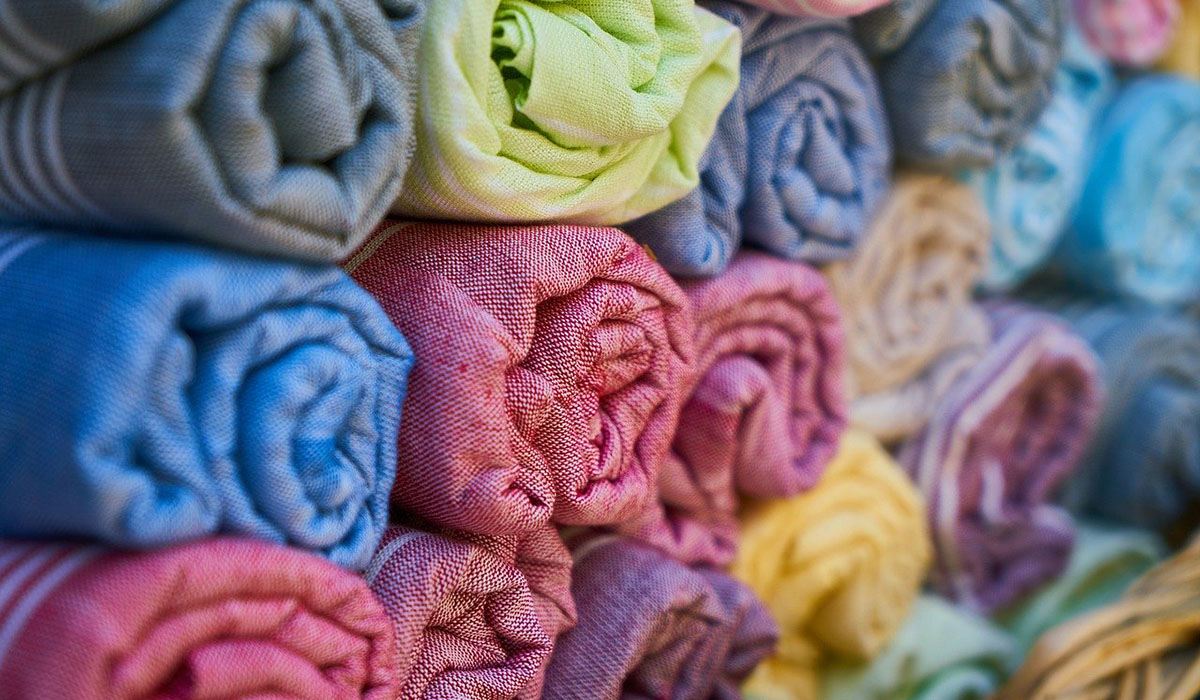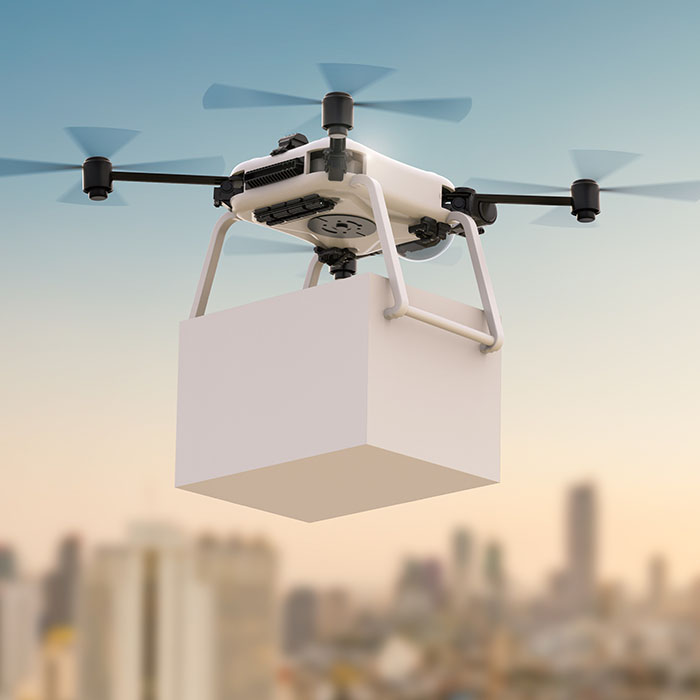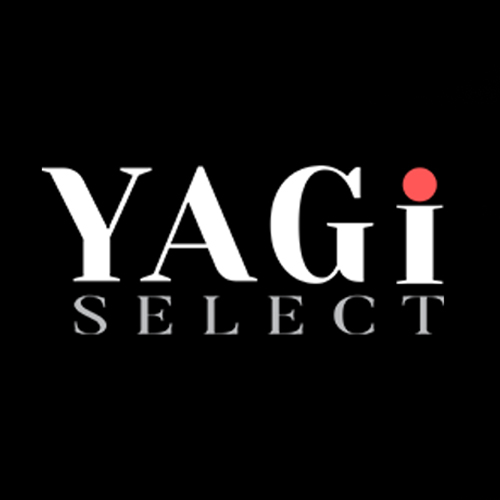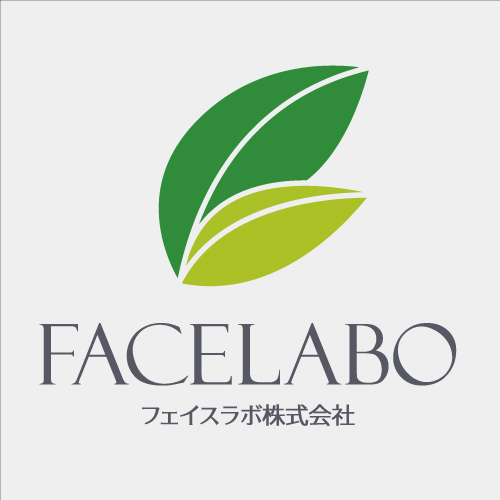January 20, 2024
Daikin Industries Will Establish a Residential Air Conditioning Production Network in Africa
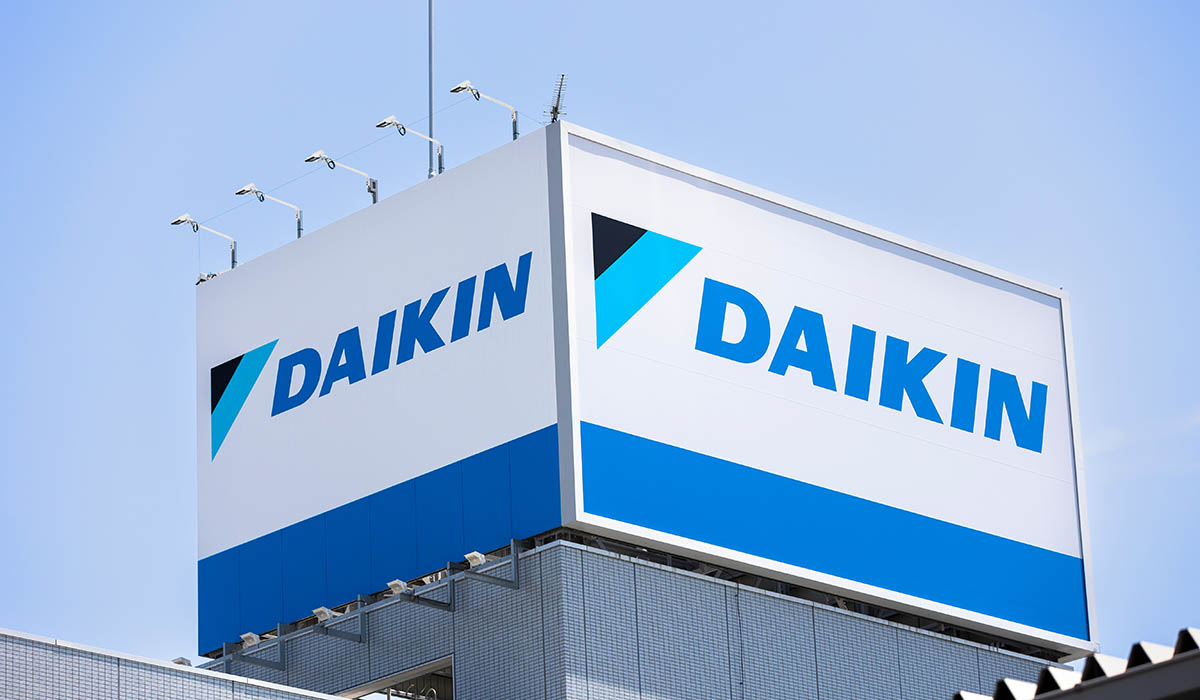
J_News_photo - stock.adobe.com
Starting with establishing an assembly line in Nigeria, Daikin is preparing for production in Algeria. It will take a step forward from the development of Africa, which is based on product imports. Africa is expected to experience high economic growth due to population growth. Japanese companies anticipating the growth of the "Global South," which refers to emerging and developing countries, have begun to move earnestly.The UN estimates Africa's economic growth rate to be 3.5% in 2024, higher than the world's overall growth rate (2.4%). While the global penetration rate for residential air conditioning is around 60%, it is around 3% in Africa. According to the Japan Refrigeration and Air Conditioning Industry Association, the African air conditioning market, including commercial use, grew slightly over 10% in three years to 3.6 million units by 2022, with high potential.
Daikin recently set up an assembly line at its distributor's hub in Nigeria to begin production. They will procure parts from their hub in India and take charge of assembly locally. The parts are sorted and sent to each device that makes up the air conditioning system, such as indoor units, outdoor units, compressors, etc., to streamline the assembly process. Production engineers will be dispatched from India, and equipment to inspect performance and other aspects will be introduced to supply high-quality products.
Production volume will be adjusted according to orders and reach tens of thousands of units. The investment amount is not disclosed. Preparations are underway to secure a hub in Algeria for production, creating a system that can supply products from northern and central Africa.
Daikin is strong in heat pump heating and air conditioning with low environmental impact and low power consumption, but its market share in Africa is about 2% to 3%. Africa sales for the air conditioning business are 14.3 billion yen for the fiscal year ended March 2023, less than 1% of total sales. Previously, Daikin had exported finished products from outside the region and struggled with LG Electronics and China's Gree Electric Appliances, which have local production hubs, due to the tariff burden.
If inexpensive components are sent from India and assembled in Africa, the tariff burden will be lower than if finished products are exported for sale. By establishing a local production hub, the air conditioning price for the African market is likely to be kept in the 60,000-70,000 yen range. Although expensive compared to the Chinese market, estimated to be around 30,000-40,000 yen, the difference in performance, such as high energy efficiency, is expected to make them a purchase option.
Daikin has also begun training air conditioning installation technicians in Kenya, Tanzania, and other countries to develop Africa. They are also hurrying to create new models that are less costly than previous models. The company intends to increase the ratio of expensive components while keeping functions low to enhance the lineup of products in the price range that can compete with LG and other companies.
